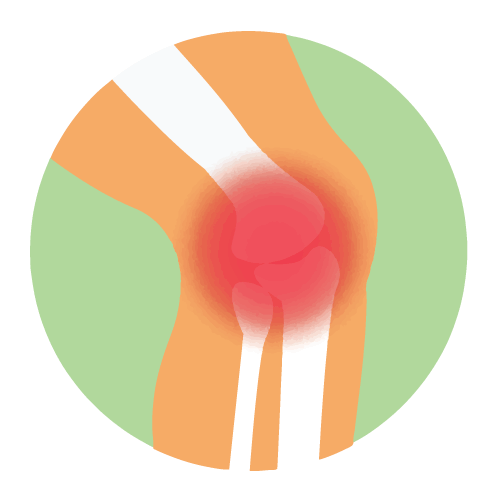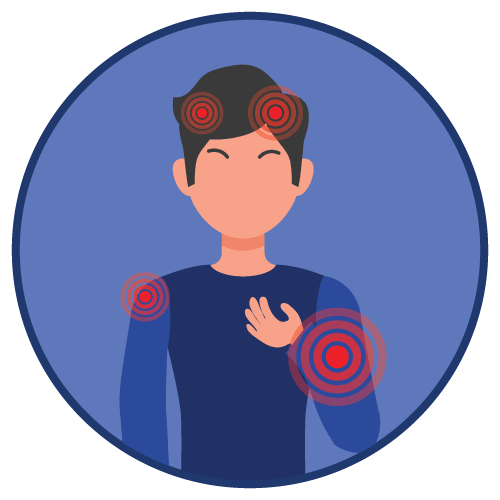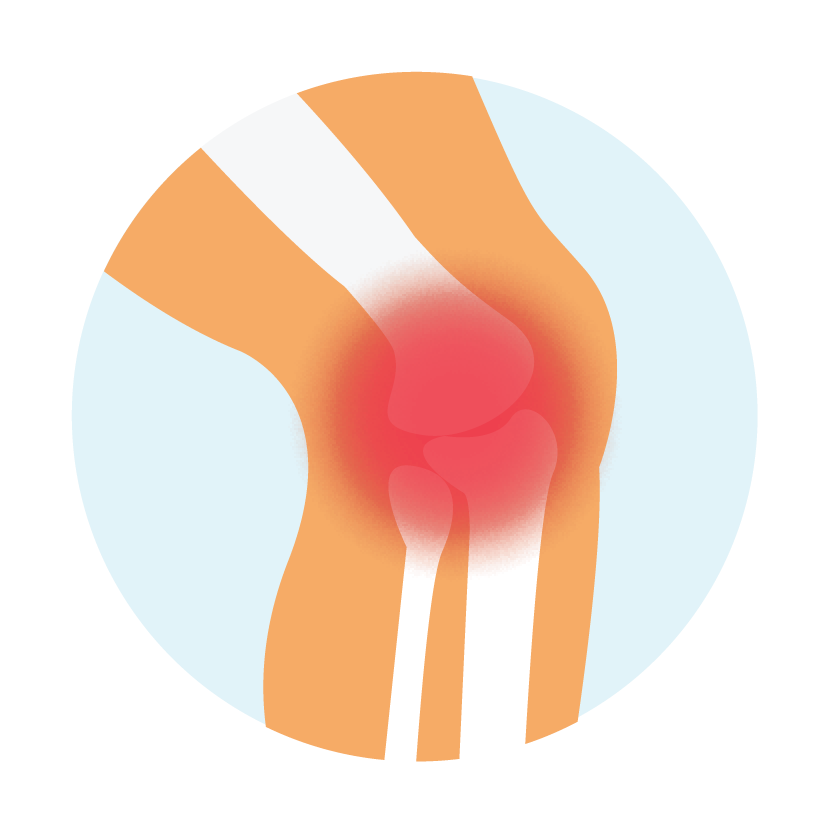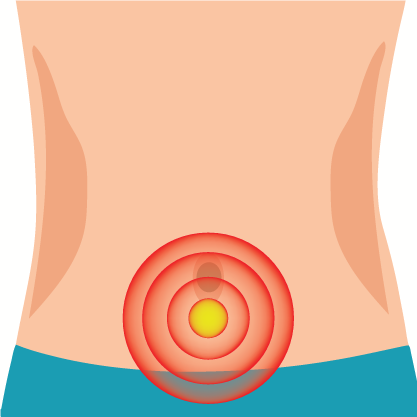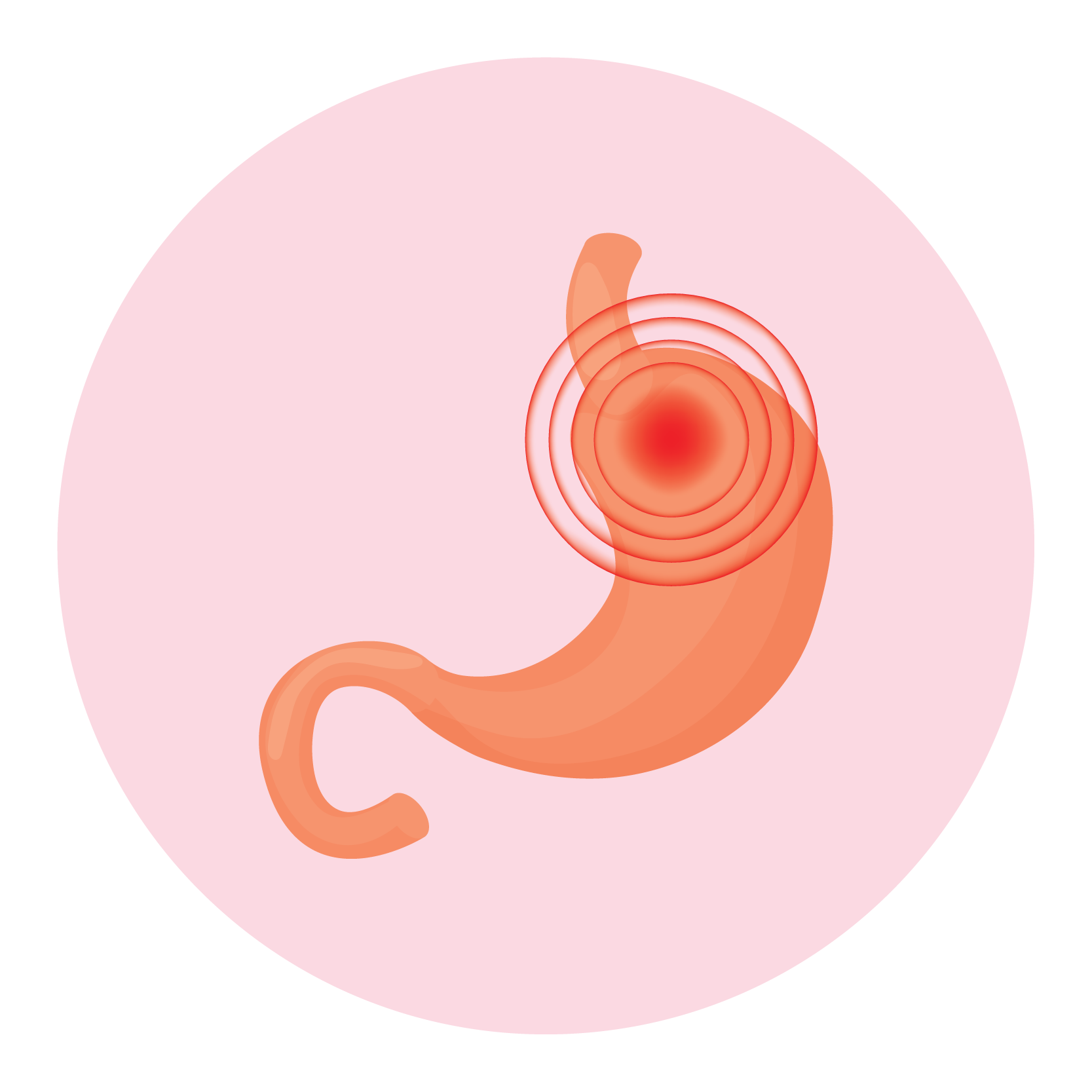| Name | Etodolac |
| Classes |
Analgesic / Pain Killer Central Nervous System Agent NSAID |
| Diseases |
Arthritis Inflammatory Disease Joint Pain Pain Stiffness Swelling |
Etodolac
Etodolac is a non-steroidal, anti-inflammatory indene derivative. It is not a salicylate, pyrazolone or propionic acid derivative.
Etodolac is indicated for the following health conditions-
- Osteoarthritis
- Rheumatoid arthritis
- For the management of acute pain
- Analgesia: The recommended total daily dose of Etodolac for acute pain is up to 1000 mg, given as 200-400 mg
every 6 to 8 hours. Doses of etodolac greater than 1000 mg/day have not been adequately evaluated in well-controlled clinical trials. - Osteoarthritis and Rheumatoid Arthritis: The recommended starting dose of Etodolac for the management of the signs and symptoms of osteoarthritis or rheumatoid arthritis is- 300 mg 2x/ 3x a day or 400 mg 2x/ day or 500 mg 2x/day. A lower dose of 600 mg/day may suffice for long-term administration.
- Cardiovascular Risk:
- NSAIDs may cause an increased risk of serious cardiovascular thrombotic events, myocardial infarction, and stroke, which can be fatal. This risk may increase with duration of use. Patients with cardiovascular disease or risk factors for cardiovascular disease may be at greater risk.
- Etodolac is contraindicated for the treatment of peri-operative pain in the setting of coronary artery bypass graft (CABG) surgery.
- Gastrointestinal Risk
- NSAIDs cause an increased risk of serious gastrointestinal adverse events including bleeding, ulceration, and perforation of the stomach or intestines, which can be fatal. These events can occur at any time during use and without warning symptoms. Elderly patients are at greater risk for serious gastrointestinal events.
- Hepatic problems: Borderline elevations of one or more liver tests may occur in up to 15% of patients taking NSAIDs
including Etodolac. - Anemia is sometimes seen in patients receiving NSAIDs including Etodolac.
Contraindication
- Etodolac is contraindicated in patients with known hypersensitivity to Etodolac or the excipients.
- Etodolac should not be given to patients who have experienced asthma, urticaria, or allergic-type reactions after taking aspirin or other NSAIDs. Severe, rarely fatal, anaphylactic/anaphylactoid reactions to NSAIDs have been reported in such patients.
Sulindac is contraindicated for the treatment of peri-operative pain in the setting of coronary artery bypass graft (CABG) surgery.
 Bangla
Bangla English
English